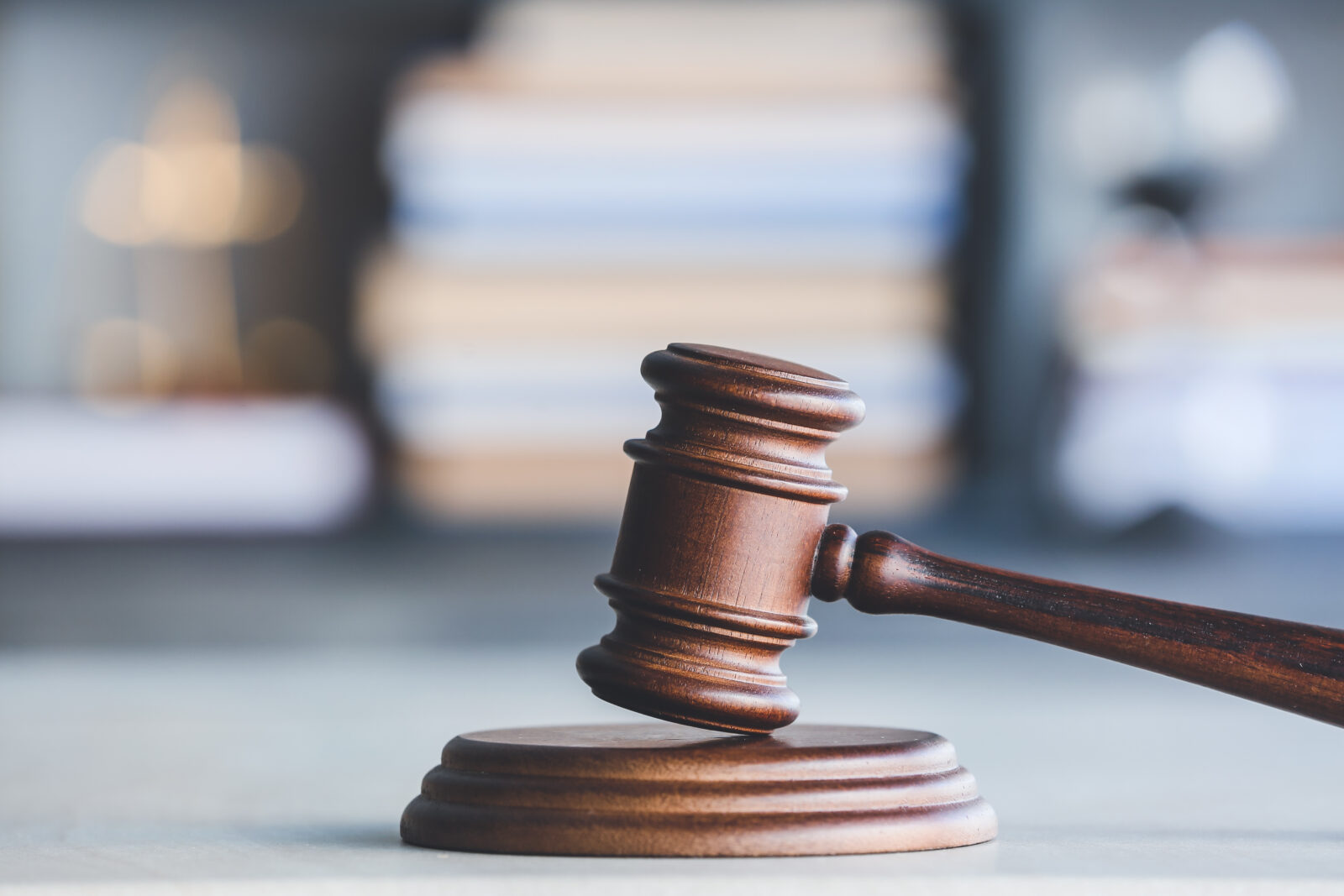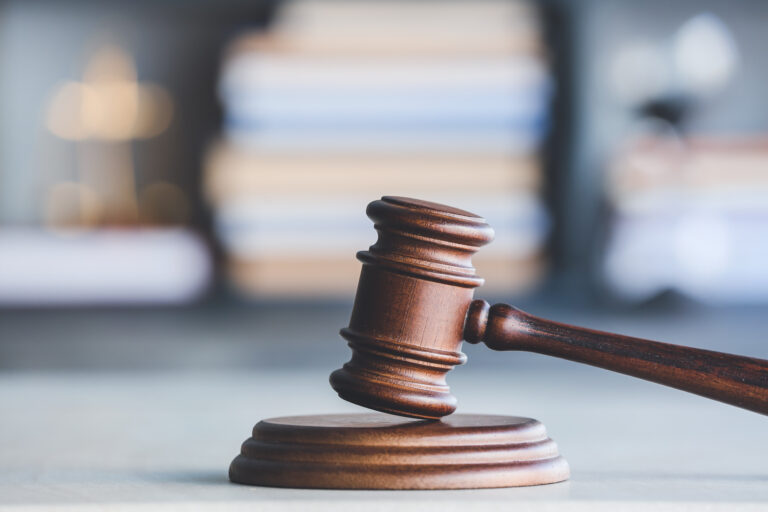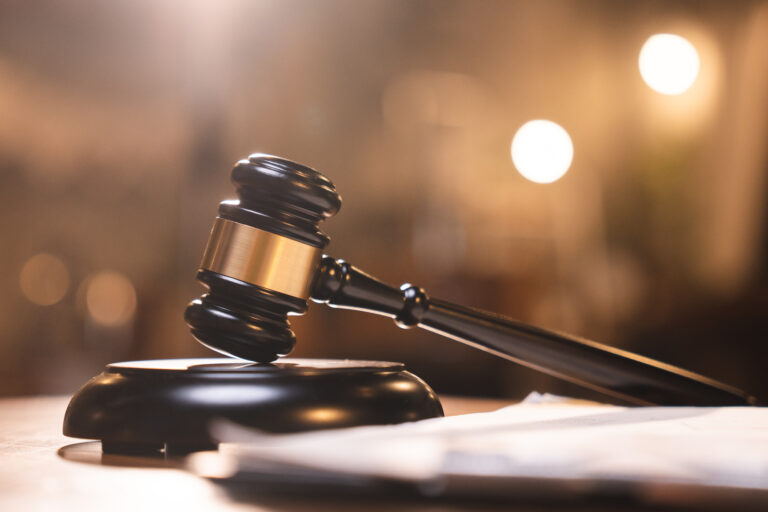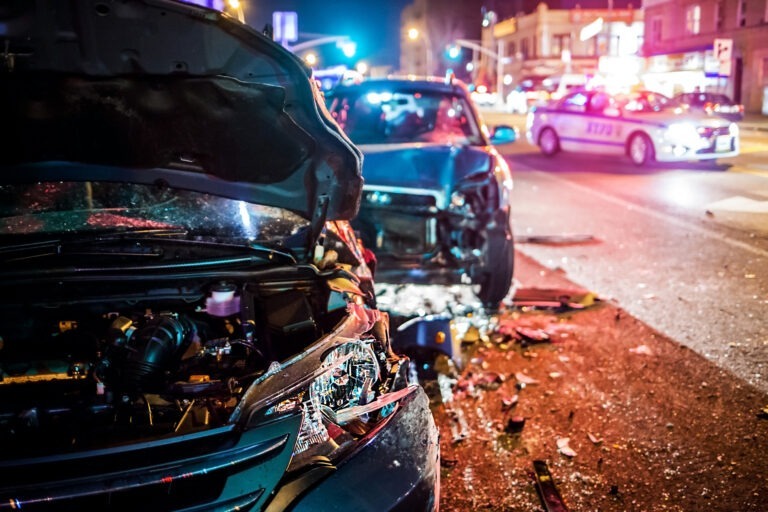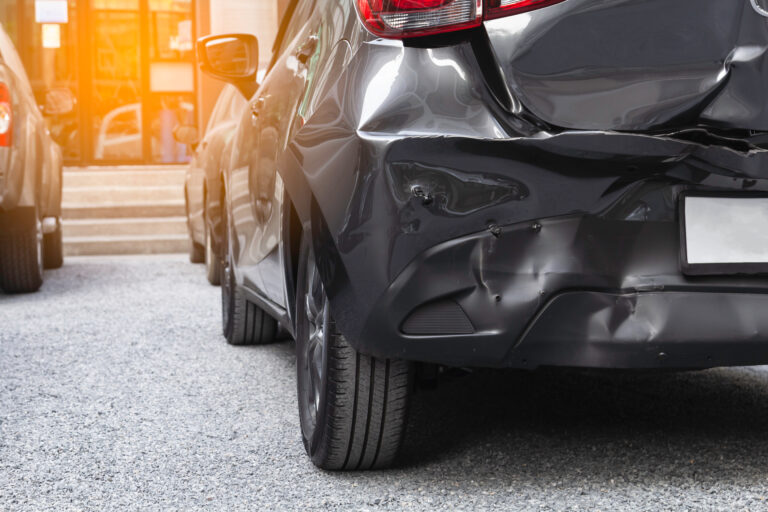Know Your Venue: Taking Advantage of Arbitration Rules to Gain the Upper Hand and Mitigate Costs
Plaintiff Attorney: Christopher W. Brown
City, State, County: Portland, Oregon: Multnomah County
Claims Alleged: Personal Injury: Negligence
Amount Claimed: $49,999
The Overview
Smith Freed Eberhard achieved an exceptional judgment for its client who was deemed to bear no liability whatsoever when her car struck a pedestrian who ran into the road without warning late at night.
The Background
Our client was driving in Southeast Portland at approximately 11:00 PM when something unidentifiable suddenly struck her car and caused the windshield to shatter. She immediately stopped and discovered a man (the plaintiff) lying beside her car. He was injured but responsive.
Plaintiff claimed that he was walking home after having five or six beers while watching a basketball game at his brother’s house when he approached Woodstock Blvd, stopped, looked both ways, and cautiously proceeded from the sidewalk into the street before being hit by the driver. He further claimed that he did not see the vehicle (nor any of the others following closely behind) as he stepped off the sidewalk, that he was in an unmarked crosswalk when he was struck, and that he didn’t have any memory of the incident past the point when he stepped off the sidewalk, despite being responsive at the scene. The defense countered by contending that the client was driving safely at the speed limit and in a properly-operating vehicle – thereby fulfilling her obligation as a driver – and that the liability rested fully with the plaintiff who failed to recognize and avoid the immediate hazard.
The Strategy
The focus in handling this matter was to achieve a favorable judgment simply and cheaply, partially due to its being subject to mandatory arbitration with less than $50,000 in claimed damages. To save on costs, Smith Freed Eberhard did not want to hire accident reconstruction specialists, toxicologists, or any other expensive experts. He also wanted to avoid extensive discovery, as that would dramatically increase costs to his client. We therefore elected not to dispute any of plaintiff’s alleged injuries or damages. Instead, the case was framed as an argument about liability only – a viable strategy in this instance because of more relaxed rules on evidence in mandatory arbitrations.
Securing impartial witnesses would be key to establishing the liability of the plaintiff. One witness testified through his statements in the police report, which generally would be impermissible before a trial judge. One witness was secured to provide live testimony. This witness had the most critical information related to plaintiff’s liability – she saw the plaintiff run into the street without looking and positioned him outside of the unmarked crosswalk. All witnesses and the first responders on the scene claimed to smell alcohol on the plaintiff’s breath (though, curiously, a Blood Alcohol Content screen was never completed at the hospital). Additionally, the defense was able to use the accident diagram within the report to illustrate that the plaintiff was not in an unmarked crosswalk as he claimed – an issue that greatly impacts a driver’s duty. Beyond the evidence provided in the police report, the defense was able to establish that the plaintiff had a history of incidents while he was intoxicated including the loss of sight in one eye and hearing in one ear caused by an inebriated fall. This history of dangerous drunken behavior, the witness testimony, the damage to the side of the defendant’s vehicle, and the plaintiff’s visual and auditory impairments convinced the arbitrator that the plaintiff was fully at fault for the accident.
The Outcome
By framing the case as one only about liability and by harnessing the more relaxed rules of evidence in the arena of arbitration, Smith Freed Eberhard was again able to achieve the best possible judgment for its client simply and cheaply. Indeed, the arbitrator returned his ruling after just 24 hours. The arbitrator determined that the plaintiff failed to keep proper lookout, failed to yield right-of-way and left a place of safety after failing to recognize an immediate hazard. Plaintiff’s inebriation and limited vision was also significant in the arbitrator’s ruling that plaintiff was 100% at fault.
Tell us about your legal challenge.
Then we’ll tell you how we
can help.
